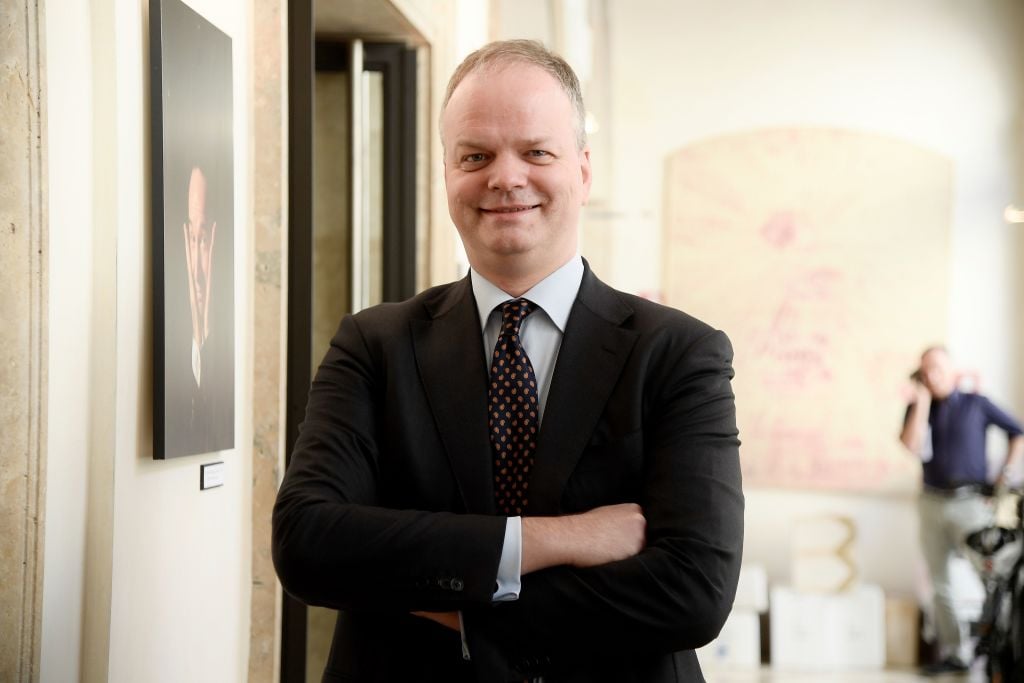
After much political back-and-forth, the newly-reinstated Italian minister for culture has agreed to extend museum director Eike Schmidt’s tenure at the Uffizi Galleries in Florence.
The German art historian, who has been in charge of the Uffizi since 2015, was bound for Vienna where he was set to take the helm at the Kunsthistorisches Museum from November 1. But Schmidt canceled his plans at the eleventh hour following a political reshuffle that saw Italy’s ruling far-right League party lose its coalition.
Since taking office in early 2018, the previous culture minister, Alberto Bonisoli, had been distancing the ministry from museum reforms that made it possible for foreign nationals to direct Italy’s museums, and gave them greater autonomy from the central government. Under the country’s new center-left coalition, Bonisoli’s left-leaning predecessor, Dario Franceschini, is back in control. Schmidt now says he wants to continue on the path he started. “Florence is too close to my heart,” the museum director told media at a recent press conference.
Franceschini confirmed Schmidt’s reappointment in a statement, also revealing that the French art historian Sylvain Bellenger will stay on at the Museo di Capodimonte in Naples for the next four years, and that the Italian-born Cristiana Collu will also keep her job at the head of the Galleria Nazionale d’Arte Moderna in Rome.
“The autonomy of museums works,” Franceschini said. “In recent years, it has certainly brought more visitors, but it was above all an excellent tool to modernize Italian museums and strengthen conservation and scientific production. The data speak for themselves: The intersection between reform and the quality of the directors has proved to be a winning mix for the Italian museum system.”
From 2014 to 2018, all three museums were refurbished and brought up to date. The number of visitors rose by 47 percent in Naples, 30 percent in Rome, and 6 percent at the Uffizi (which, as one of the world’s most popular museums, had less of capacity for growth).
Before giving Schmidt his blessing, Franceschini had to do some political ego-soothing, smoothing things over with his Austrian counterpart, Alexander Schallenberg, who denounced Schmidt’s last-minute about-face to the Austrian paper Die Presse. Schallenberg called Schmidt’s pull-out “unprofessional” and “unprecedented.”
It is as yet unclear whether the Kunsthistorisches museum’s current director, Sabine Haag, will remain in charge of the Vienna institution, though Schmidt suggested Haag wanted to stay on in her post, citing it as part of his own motivation.